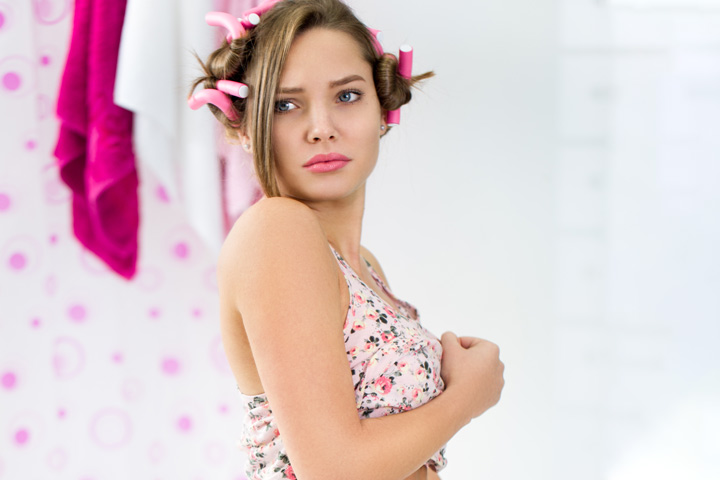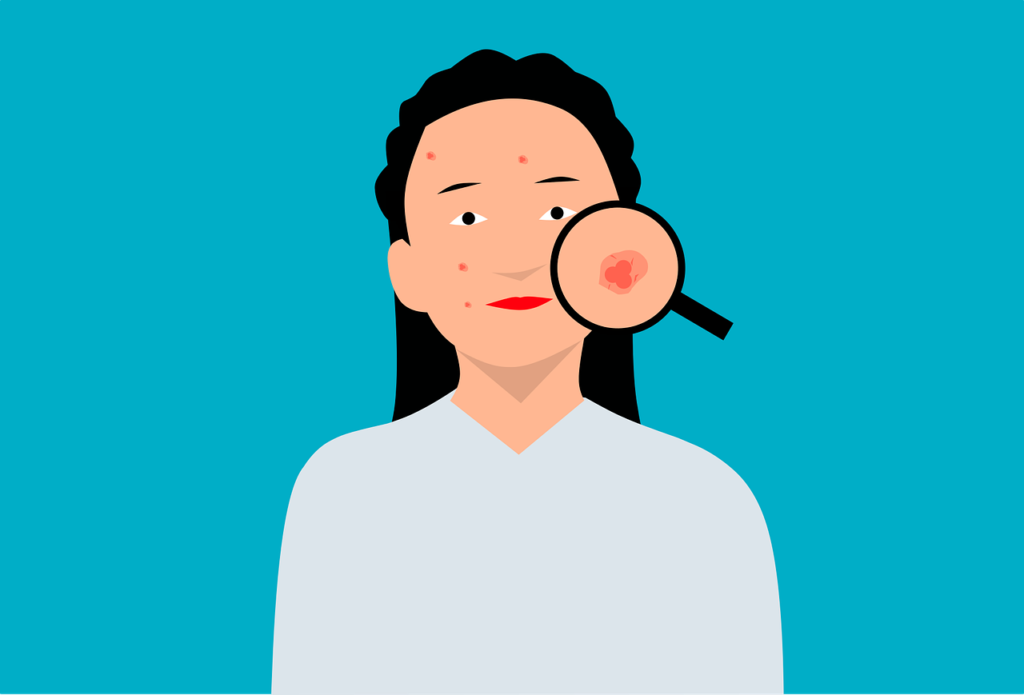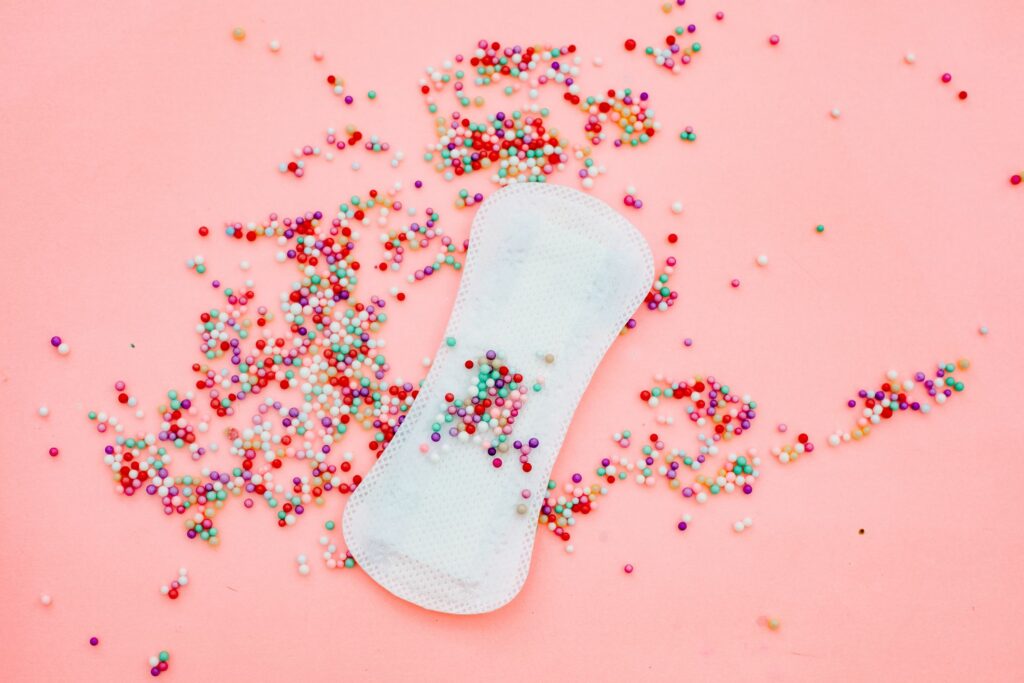As you’re transitioning from childhood to adulthood, your body goes through several changes in order to prepare you for life ahead. This life stage involves many psychological and physical changes, which result from shifts in hormone levels.
It can be a challenging and confusing time for most people, so knowing what to expect can help you feel more in control as you go through it.
In this article, we will take a closer look at some of the body changes that you go through during puberty as a girl.
What Is Puberty?
Puberty is the stage when all your major organs and body systems mature. It begins with a gonadotropin-releasing hormone, which comes from a part of your brain (hypothalamus) and kicks off a hormonal chain reaction.
The gonadotropin-releasing hormone stimulates your pituitary gland to release follicle-stimulating and luteinising hormones. These hormones tell your ovaries to produce sex hormones (mainly estradiol) from your ovaries. In men, the follicle-stimulating and luteinising hormones stimulate the testes to produce testosterone.
But as everyone is different, you may begin puberty earlier or later. Girls typically start puberty well before boys. On average, puberty lasts in girls from about the age of 9 to 15. On the other hand, puberty in boys lasts a bit longer, usually from the age of 10 to 17.
As puberty advances, both boys and girls encounter many emotional changes. For many, it is time to choose different ways of engaging with family and friends.
What Are The Signs Of Puberty In Girls?
You will begin to observe some changes in your body as you approach a double-figure age. These puberty symptoms are pretty similar in all teenagers, but not all follow the same pattern.
Here’s an overview of the significant body changes you can expect as you go through puberty:
1. Pubic And Axillary Hair
Female puberty usually begins with the growth of pubic hair, a.k.a. pubarche.
Pubic hair is usually curly hair that grows in the area between your hipline and vulva, also known as the pubic area. At first, it is soft and sparse, but as you go through puberty, it will grow longer and get curly and coarse.
In two or three years, it will cover your entire pubic area and may also grow on your inner thighs and toward your belly button. You will also observe hair growing under your armpits (axillary hair), around your nipples, and even a little on your upper lip (depending on your genes).
2. Breast Development
For the majority, the first sign of puberty in girls is the development of breasts.
Initially, you might feel little breast buds or swell under your nipples. After that, your breasts will gradually grow bigger and look fuller. They might also feel tender; it results from the new breast tissue growth and establishing itself.
The breasts will finish growing around age 15, although this happens at different times for different girls. You might want to wear a brassiere (bra) for support at a certain point, especially if you exercise or play sports – or just feel more comfortable with one.
3. Vaginal Discharge
Weird stains in your underwear? Don’t panic – that’s just vaginal discharge.
Discharge is a clear or non-translucent fluid that your body produces to moisten and cleanse the vagina. Usually, it shows up right after puberty starts, and you will probably see white or yellow stains inside your underwear (P.S: That’s perfectly normal).
However, your vaginal discharge may also become white, clumpy, or it might smell strange or cause itchiness. In this case, you might have a vaginal yeast infection. If you observe that, consult with your doctor as soon as possible to get to the bottom of it.
4. Periods
Almost two years after the start of your puberty, you might observe some blood in your underwear. This could very well be menarche – your first period.
During this stage, the follicle-stimulating and luteinising hormones are having a regular effect on your ovaries. When your ovary releases an egg, you can ovulate. And if there is no sperm to fertilise the egg, you get your period (menstruation).
Abdominal cramping or pain during periods is also common. For many people, ibuprofen or naproxen are the best medicines to help with period cramps. However, if menstrual cramps are severe, talk to your paediatrician about other options.
Getting your first period can be challenging if you don’t know what to expect. Talk to your mum or another adult you trust about what to do before and after your first period.
5. Weight Gain And Body Growth
One of the significant signs of puberty is that you are growing at a way faster rate than you did during childhood. What happens when you go through puberty is mainly centred on the growth of your sexual self. However, your entire body goes through major changes, especially your weight and height.
You might look curvier than before as the fat in your body shifts to new places. Usually, a lot of it will be deposited around your breasts, thighs, and hips. It might feel kind of awkward to be in this new, stretched-out body, but it will eventually be more proportional, and you will go back to feeling like yourself again.
6. Skin And Hair Changes
Possibly, the worst part of puberty is breakouts!
During puberty, hormones make your sweat and sebaceous glands more active. And as your pores become clogged with excess oil (sebum), your skin might break out.
The most common places for acne to appear are on your:
- face
- back
- and sometimes, chest
Establish a good skincare routine and use an acne-fighting treatment if you happen to get breakouts. Look for ingredients like benzoyl peroxide and salicylic acid, both of which are OGs for fighting acne.
Summing Up
For girls, puberty usually ends around 15, when all the secondary sex characteristics have developed. However, every person develops differently and at their own pace, so don’t get freaked out!
Remember, there is no wrong way to go through puberty. So, however it happens, you are all good and on your way to becoming an adult. 🙂





Recent Comments